Kuroda Studies in East Asian Buddhism
The Kuroda Institute for the Study of Buddhism is an independent, nonprofit organization that seeks to promote scholarship on Buddhism and its various historical, philosophical, and cultural ramifications. The Institute is run by scholars of Buddhism, for scholars and serious students of the religion. It was established in 1976 by Taizan Hakuyū Maezumi, Roshi (1931–1995), founder of the Zen Center of Los Angeles, who endowed it in the name of his father, Rev. Baian Hakujun Kuroda Roshi.
The Institute oversees two book series in collaboration with the University of Hawai‘i Press: “Studies in East Asian Buddhism” and “Classics in East Asian Buddhism.” Both series have published monographs by many of the most distinguished scholars in the field over the last two generations.
The “Studies in East Asian Buddhism” series publishes books and monographs that engage with the Buddhist tradition on all levels. This series also considers multi-author and conference volumes that demonstrate a strong cohesion among chapters and include an extended synthetic introduction by the editor. The series is open to border-crossing and cross-cultural studies that will place the different traditions of Buddhism in their wider geographical, religious, and cultural contexts.
The “Classics in East Asian Buddhism” series offers philologically grounded and extensively annotated English translations of important works in the East Asian Buddhist tradition. The translations are accompanied by a substantial introduction that places the work in its historical and cultural contexts.
Because both of our series are run by specialists in the field, we are able to offer our authors a degree of feedback on all aspects of the manuscript that is unusual in academic publishing today. We publish the works of scholars at all stages in their careers and are proud to have published many first books. Our rigorous review process, which includes both extended board feedback over different iterations of the project and at least two substantial external reviews of the complete manuscript, helps to ensure that authors get the very best book they can out of their material. This process is meant to ensure that our books all adhere to the most rigorous of scholarly standards. Our renowned backlist, and the number of our books that have won prestigious scholarly awards, testifies to the quality of our review process.
Because the Kuroda Institute has its own endowment and has complete editorial control of the series, we are not pressured by the marketing issues that drive so much of academic publishing today. The board decides which books to pursue based on scholarly quality and potential influence on the field; issues of economic viability are secondary. For these reasons, unlike many presses, we are able to make determinations about page length, inclusion of images and Sinographs, and the like on the basis of what best serves the scholarly interests of the volume and the field.
Kuroda Institute Manuscript Completion Grant
Recognizing that institutional support for research and writing varies widely, the Kuroda Institute is offering funding up to $5,000 to help scholars ready book manuscripts for publication in either the Kuroda Studies in East Asian Buddhism or the Kuroda Classics in East Asian Buddhism series. Manuscripts should be complete or nearing completion. Funds may be used for developmental editing, line editing for non-native English speakers, manuscript workshops or retreats, childcare, eldercare, medical issues, and so forth. Proposed uses of funds should clearly result in a complete and publishable manuscript; this grant is not intended for research or substantial writing. Grants do not guarantee that manuscripts will be accepted for publication but do give Kuroda the right of first refusal.
To apply for funds, scholars should submit (1) a book proposal, including a summary statement of the project’s aims and contributions, a chapter outline, a CV, and a timeline for preparing the manuscript for final submission; (2) a complete or near complete book manuscript; (3) a statement of financial need indicating institutional or other academic resources, if any; and (4) a budget itemizing how funds would be used. Note: The Kuroda Institute disallows indirect costs (also known as Facilities & Administrative costs or overhead). All awarded funds must be used by the applicant for the completion of their manuscript, and indirect costs are not permitted in budget requests.
Submissions will be evaluated by the Kuroda board on a rolling basis. In reviewing applications, the committee will consider, among other things, (1) the fit of the proposed book in one of the Kuroda series, and (2) other institutional resources that may be available to the author. Please send all enquiries and manuscript submissions to the executive director, Jacqueline Stone, at [email protected].
Kuroda Institute Editorial Board
Heather Blair (Indiana University)
Eric Greene (Yale University)
Natasha Heller (University of Virginia)
Hwansoo Kim (Yale University)
Bryan D. Lowe (Princeton University)
Lori Meeks (University of Southern California)
James Robson (Harvard University)
Robert Sharf (University of California, Berkeley)
Jacqueline Stone (Princeton University)
Robert E. Buswell, Jr. (University of California, Los Angeles), Executive Director and President Emeritus, ex officio
Peter N. Gregory (Smith College), Executive Director and President Emeritus, ex officio
Showing 1–16 of 30 results
-

Observances, Feasts, and Scripts: The Varieties of Zhai in Chinese Buddhism from the Second to the Tenth Century
-
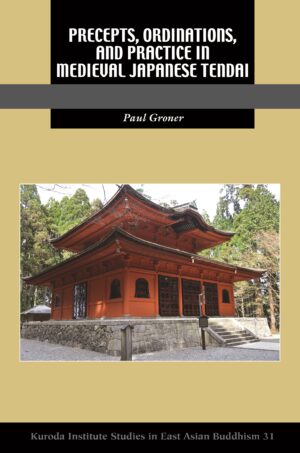
Precepts, Ordinations, and Practice in Medieval Japanese Tendai
-
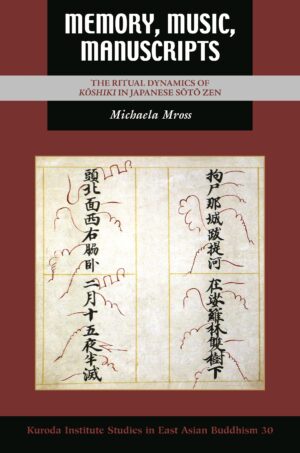
Memory, Music, Manuscripts: The Ritual Dynamics of Kōshiki in Japanese Sōtō Zen
-
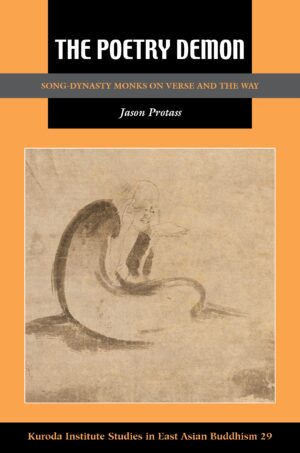
The Poetry Demon: Song-Dynasty Monks on Verse and the Way
-
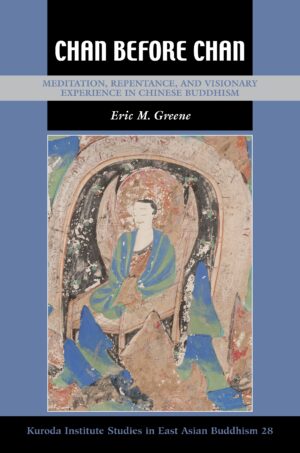
Chan Before Chan: Meditation, Repentance, and Visionary Experience in Chinese Buddhism
-
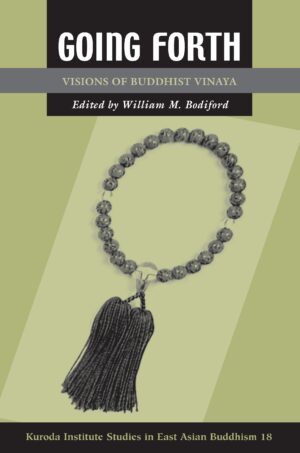
Going Forth: Visions of Buddhist Vinaya
-
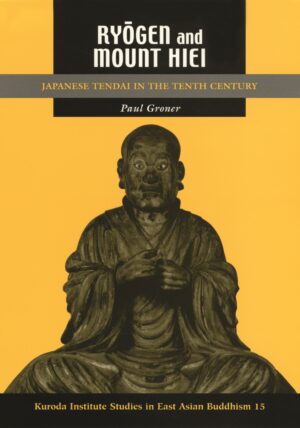
Ryōgen and Mount Hiei: Japanese Tendai in the Tenth Century
-
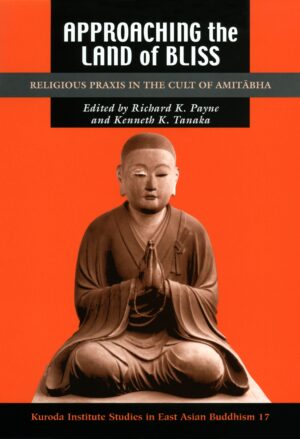
Approaching the Land of Bliss: Religious Praxis in the Cult of Amitābha
-
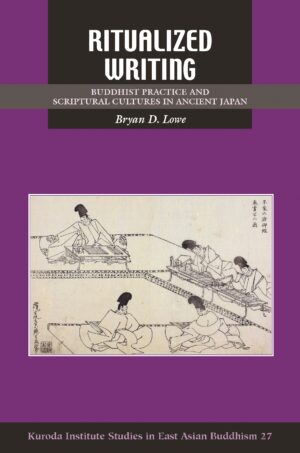
Ritualized Writing: Buddhist Practice and Scriptural Cultures in Ancient Japan
-
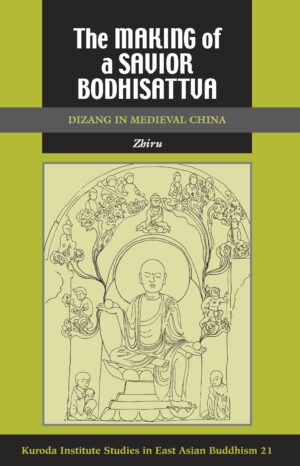
The Making of a Savior Bodhisattva: Dizang in Medieval China
-
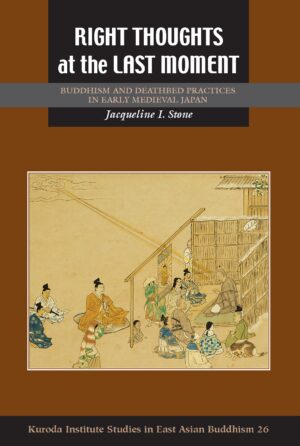
Right Thoughts at the Last Moment: Buddhism and Deathbed Practices in Early Medieval Japan
-
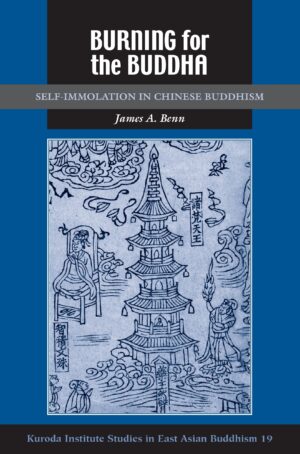
Burning for the Buddha: Self-Immolation in Chinese Buddhism
-
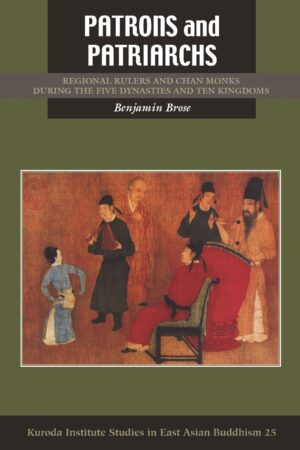
Patrons and Patriarchs: Regional Rulers and Chan Monks during the Five Dynasties and Ten Kingdoms
-
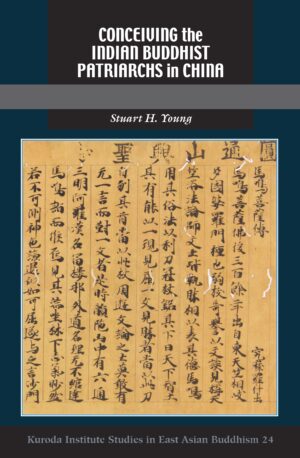
Conceiving the Indian Buddhist Patriarchs in China
-
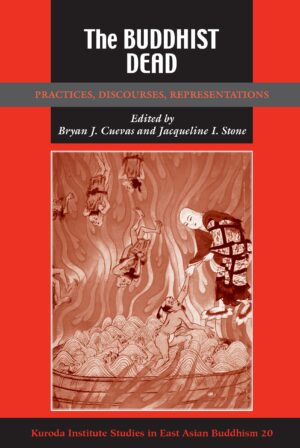
The Buddhist Dead: Practices, Discourses, Representations
-
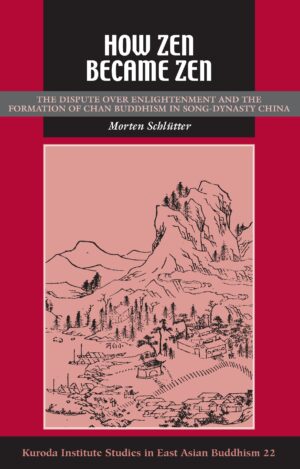
How Zen Became Zen: The Dispute over Enlightenment and the Formation of Chan Buddhism in Song-Dynasty China




